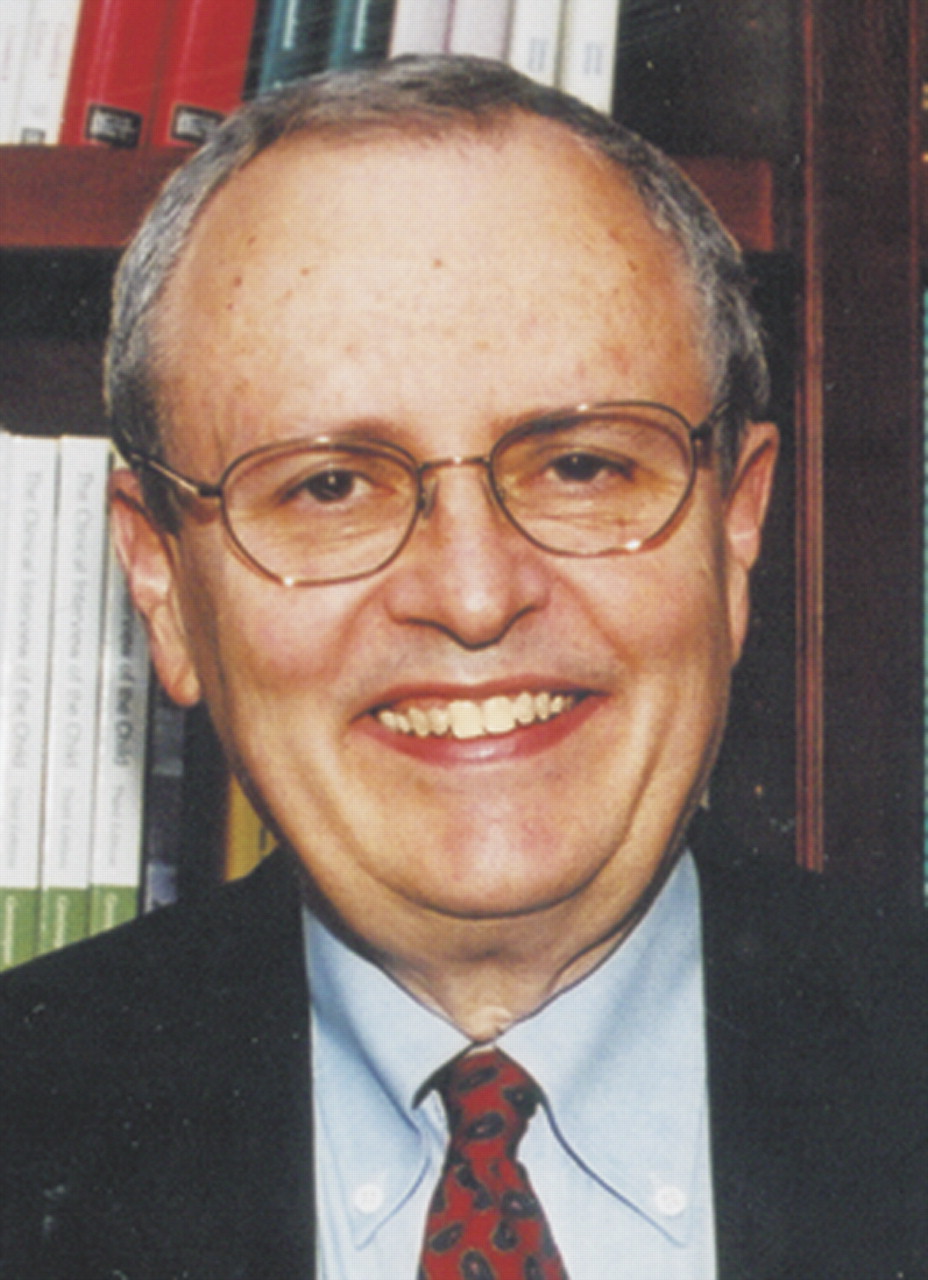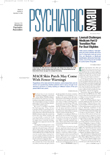In today's world of instant television reporting, the emotional impact of human disasters is more intense and immediate. The visual images make it difficult, if not impossible, to put the words together to understand and put in perspective the range of emotional reactions that we experience. This was true in the attacks on 9/11, and the images coming from New Orleans and the Gulf Coast after hurricanes Katrina and Rita once again take words and one's breath away.
What was so striking about the excellent reporting on Hurricane Katrina and its aftermath was the number of print and broadcast stories that captured the growing frustration of the media as they not only reported on the government's agonizingly slow response to help victims but also jumped in to join the rescue effort themselves. The media also brought to national attention a widespread problem in this country that many Americans prefer to ignore—poverty—and how poverty deepened the tragedy and trauma experienced in particular by people in marginalized populations, such as low-income individuals, children, and the elderly. Having money gives people options for dealing with and surviving disasters that impoverished people can only dream about.
As psychiatrists, we want to reach out to help with the mental health consequences to the victims of such a disaster. Many psychiatrists in the Gulf region and from around the country have volunteered their efforts. As nearly 1 million refugees are relocated around the country, psychiatrists in virtually every district branch will have an opportunity to deal with the immediate and longer-term effects of this awesome disaster.
I have heard from many colleagues around the country about their experience with the immediate aftereffects of the hurricane on their patients, their practice, and their own lives. Psychiatrists have been called upon to act as primary care physicians and to work with local, state, and federal responders to help with their distress in dealing with human tragedies. These colleagues are displaced, torn from their practice and their own patients, and dealing with many of the same issues of livelihood, home, and insurance and other matters as other victims. At APA, we have endeavored to provide a coordinated, passionate, and responsive set of actions to help our colleagues, medical students, residents, and the many volunteers who have come forward.
One aspect of this disaster that has struck many Americans is the unacceptable level of poverty and racial disparities, especially in New Orleans, that came to light. Perhaps in the aftermath of this disaster, we can take a good, long look at some of these issues. What we can do as Americans is to create a true safety net for all individuals, including access to quality psychiatric care, which I believe is a great challenge of the 21st century.
So, as we reach out to our colleagues in Louisiana, Mississippi, Alabama, and Texas, we must also as Americans rise to the challenge and convert our emotional reactions to the images and stories so that we can meet human needs and translate compassion into real action. ▪

